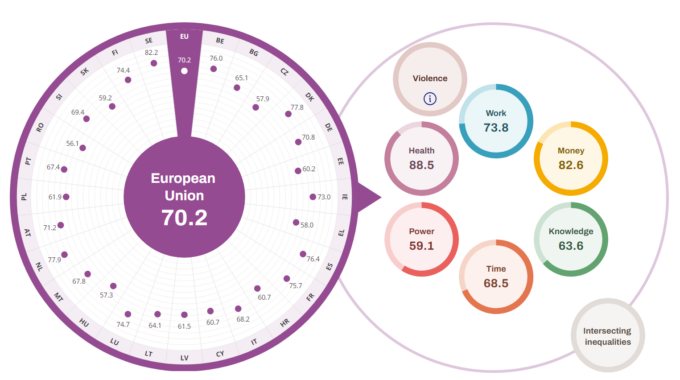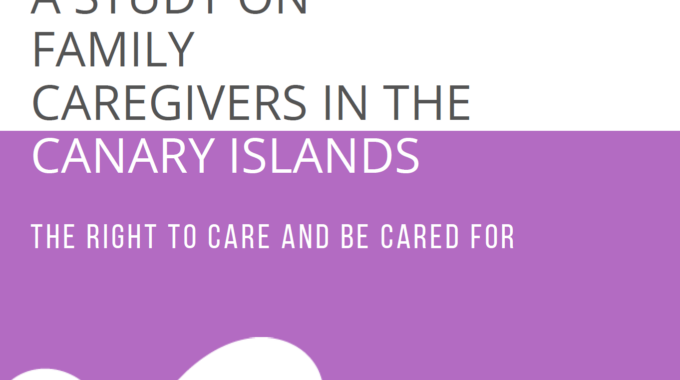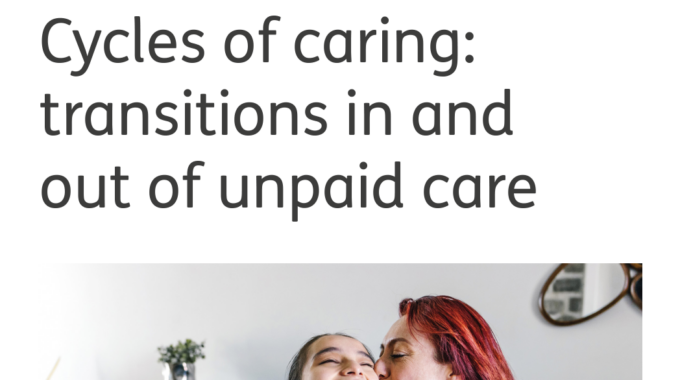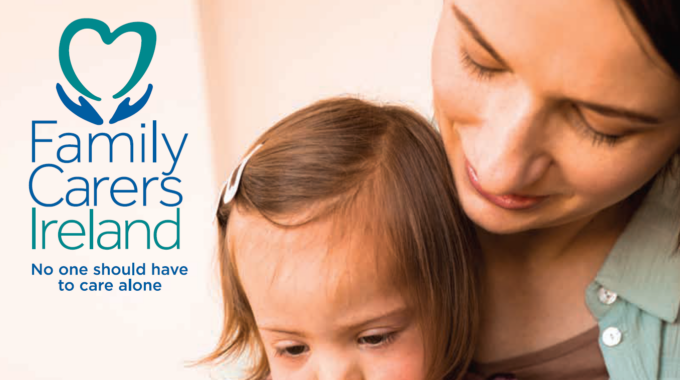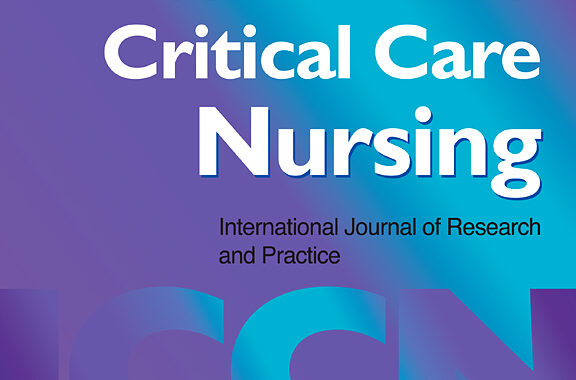Integrated long-term care services in Europe – Introducing the Laurel project
This new EU-backed project will explore long-term integrated care and deliver actionable policies that European countries can put into practice to create more effective and equitable systems. The goal of Laurel, which is backed by EU-funding of over €2.7 million,…


